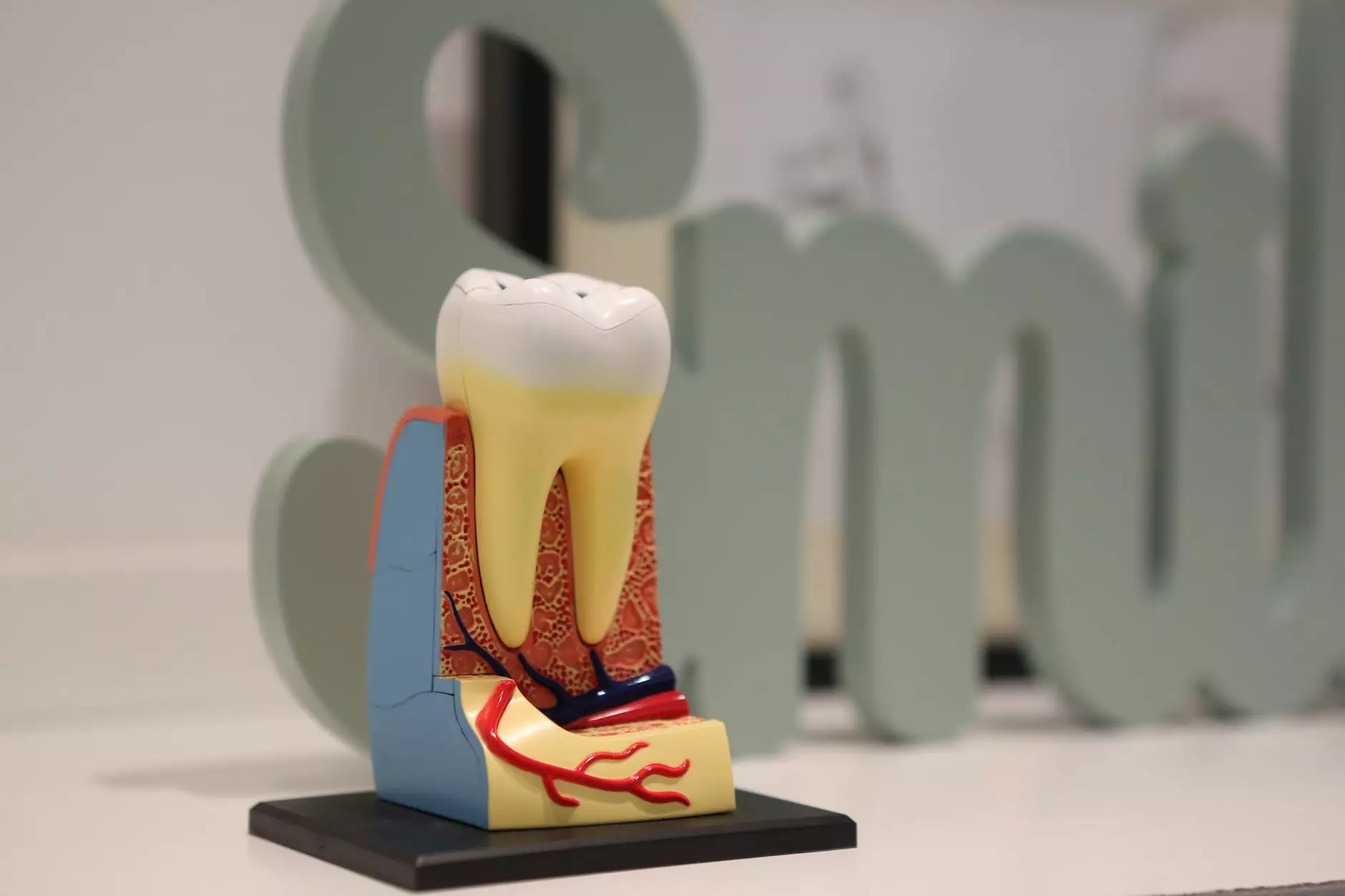Enhance Your Career with Medical Coding Classes

As the healthcare industry continues to evolve, the demand for professional medical coders has significantly increased. Medical coding classes provide essential knowledge and skills that enable individuals to pursue a rewarding career in this crucial field. This article delves into the intricacies of medical coding, the value of enrolling in classes, and the positive impact they can have on your career trajectory.
What is Medical Coding?
Medical coding is a vital process in the healthcare industry that involves translating healthcare services, diagnoses, and procedures into universally accepted alphanumeric codes. These codes are essential for billing, insurance claims, and maintaining patient records. Understanding the nuances of this process is critical for anyone looking to excel in the healthcare administration field.
Why Take Medical Coding Classes?
Investing in medical coding classes offers numerous advantages:
- Comprehensive Knowledge: Classes provide an in-depth understanding of various coding systems, including ICD (International Classification of Diseases), CPT (Current Procedural Terminology), and HCPCS (Healthcare Common Procedure Coding System).
- Certification Preparation: Many classes prepare students for certification exams, which are often required by employers. Certifications such as the CPC (Certified Professional Coder) or CCS (Certified Coding Specialist) can significantly enhance job prospects.
- Networking Opportunities: Students often have the chance to connect with industry professionals and peers, creating valuable networking opportunities that can lead to job placements.
- Flexible Learning Options: Many institutions offer online classes, allowing students to learn at their own pace while balancing personal and professional commitments.
Understanding the Curriculum of Medical Coding Classes
The curriculum for medical coding classes typically covers a wide range of topics essential for a successful career in medical coding. Here are some key areas of focus:
1. Medical Terminology
Understanding medical terminology is crucial for accurate coding. Courses often start with basic anatomy, physiology, and terms used in various medical specialties.
2. Coding Guidelines and Regulations
Students learn about essential coding guidelines set forth by organizations such as the American Academy of Professional Coders (AAPC) and the American Health Information Management Association (AHIMA). Knowledge of HIPAA regulations is also covered, ensuring compliance with patient privacy laws.
3. Practical Coding Exercises
Hands-on practice is a critical component of medical coding classes. Students often work with real-world case scenarios to apply their coding knowledge, ensuring they are job-ready upon completion.
4. Billing and Insurance Processes
An understanding of healthcare billing practices is crucial. Classes typically include training on how to complete insurance claims, manage billing cycles, and understand the reimbursement process.
The Benefits of Becoming a Certified Medical Coder
Obtaining a certification after completing medical coding classes comes with substantial advantages:
- Increased Employability: Certifications demonstrate to employers that a candidate possesses the necessary skills and knowledge required for the job, thus improving job prospects.
- Higher Salary Potential: Certified medical coders often command higher salaries compared to their non-certified counterparts. Employers recognize the effort put into obtaining certification.
- Career Advancement: Many healthcare organizations prefer or require certifications for advancement, allowing certified coders to rise through the ranks.
What to Look for in a Medical Coding Class
When choosing a medical coding class, consider the following factors to ensure you receive the best education possible:
1. Accreditation
Ensure that the program is accredited by a recognized body. Accreditation signifies that the program meets established academic and professional standards.
2. Faculty Expertise
Research the qualifications and experience of the instructors. Learning from seasoned professionals can provide invaluable insights and practical knowledge.
3. Curriculum Content
Review the curriculum to ensure it covers the topics essential for both the certification exams and real-world applications.
4. Support Services
Look for schools that offer career services, such as job placement assistance, resume writing workshops, and interview preparation. These resources can be incredibly beneficial upon graduation.
Success Stories: Career Paths After Medical Coding Classes
Many learners have transformed their lives through medical coding classes. Here are a few success stories:
Case Study 1: From Nursing to Coding
Maria, a registered nurse, decided to take medical coding classes to leverage her healthcare experience. After completing her certification, she transitioned into a coding position, where her clinical knowledge provided her with a unique advantage in coding complex cases.
Case Study 2: A Second Career
John, an individual who spent years in retail management, sought a stable career in healthcare. Enrolling in a coding program allowed him to use his organizational skills in a new context. After earning his certification, he secured a job with a reputable hospital and enjoys a fulfilling work-life balance.
Future Trends in Medical Coding
The landscape of medical coding is continually evolving. Here are some emerging trends that aspiring medical coders should keep in mind:
1. Increased Automation
With advances in technology, many coding tasks may become automated. However, the need for human oversight and expertise will remain critical, especially for complex cases.
2. The Rise of Telehealth
The increase in telehealth services is generating new coding requirements. Coders will need to adapt to these changes and stay informed about new codes and regulations that arise in this sector.
3. Continuous Learning and Certification Renewals
As the healthcare field evolves, so too must the coders. Continuous education and keeping up with certification renewals will be crucial for long-term success in the industry.
Conclusion
In summary, enrolling in medical coding classes is a significant step toward a successful career in healthcare. With the right education, certification, and ongoing learning, you can position yourself as a valuable asset in a growing industry. Whether you are transitioning from another career or starting fresh, the rewards of becoming a medical coder are boundless. Your journey into the world of medical coding could be the key to a fulfilling and prosperous future in the healthcare sector.



